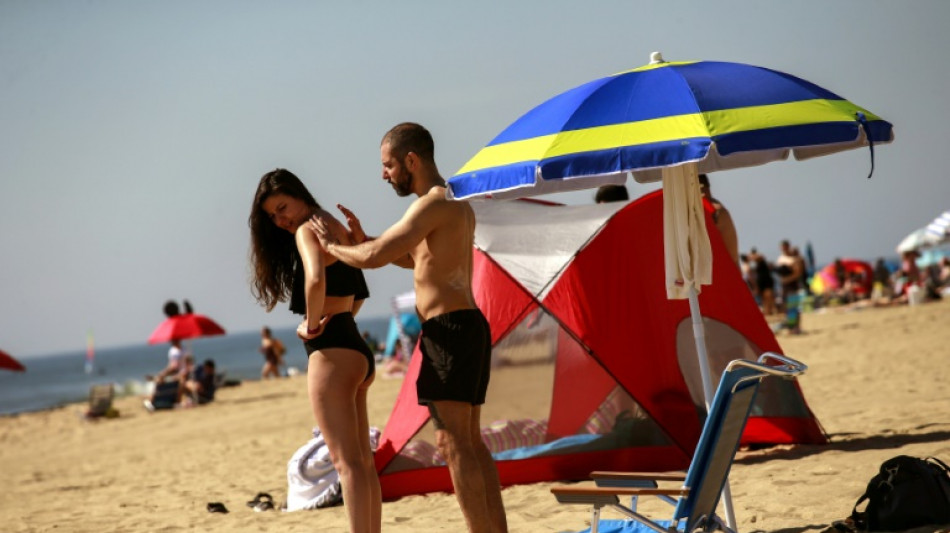
-
 Nigeria signals more strikes likely in 'joint' US operations
Nigeria signals more strikes likely in 'joint' US operations
-
Malaysia's former PM Najib convicted in 1MDB graft trial

-
 Elusive wild cat feared extinct rediscovered in Thailand
Elusive wild cat feared extinct rediscovered in Thailand
-
Japan govt approves record budget, including for defence

-
 Seoul to ease access to North Korean newspaper
Seoul to ease access to North Korean newspaper
-
History-maker Tongue wants more of the same from England attack

-
 Australia lead England by 46 after 20 wickets fall on crazy day at MCG
Australia lead England by 46 after 20 wickets fall on crazy day at MCG
-
Asia markets edge up as precious metals surge

-
 Twenty wickets fall on day one as Australia gain edge in 4th Ashes Test
Twenty wickets fall on day one as Australia gain edge in 4th Ashes Test
-
'No winner': Kosovo snap poll unlikely to end damaging deadlock

-
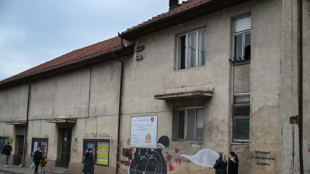 Culture being strangled by Kosovo's political crisis
Culture being strangled by Kosovo's political crisis
-
Main contenders in Kosovo's snap election
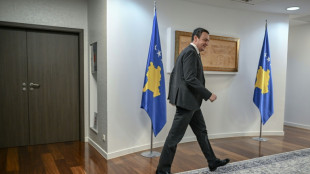
-
 Australia all out for 152 as England take charge of 4th Ashes Test
Australia all out for 152 as England take charge of 4th Ashes Test
-
Boys recount 'torment' at hands of armed rebels in DR Congo

-
 Inside Chernobyl, Ukraine scrambles to repair radiation shield
Inside Chernobyl, Ukraine scrambles to repair radiation shield
-
Bondi victims honoured as Sydney-Hobart race sets sail

-
 North Korea's Kim orders factories to make more missiles in 2026
North Korea's Kim orders factories to make more missiles in 2026
-
Palladino's Atalanta on the up as Serie A leaders Inter visit

-
 Hooked on the claw: how crane games conquered Japan's arcades
Hooked on the claw: how crane games conquered Japan's arcades
-
Shanghai's elderly waltz back to the past at lunchtime dance halls

-
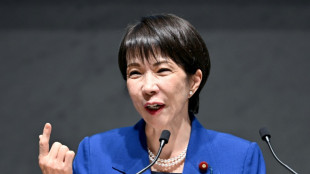 Japan govt approves record 122 trillion yen budget
Japan govt approves record 122 trillion yen budget
-
US launches Christmas Day strikes on IS targets in Nigeria

-
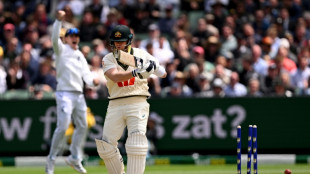 Australia reeling on 72-4 at lunch as England strike in 4th Ashes Test
Australia reeling on 72-4 at lunch as England strike in 4th Ashes Test
-
Too hot to handle? Searing heat looming over 2026 World Cup

-
 Packers clinch NFL playoff spot as Lions lose to Vikings
Packers clinch NFL playoff spot as Lions lose to Vikings
-
Guinea's presidential candidates hold final rallies before Sunday's vote

-
 A Christmas Message to the DEA's Diversion Anti Marijuana Cabal
A Christmas Message to the DEA's Diversion Anti Marijuana Cabal
-
QAT Community Sets QuantumTrade 5.0 for Public Beta Testing in March 2026
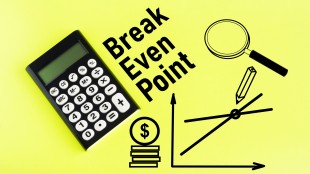
-
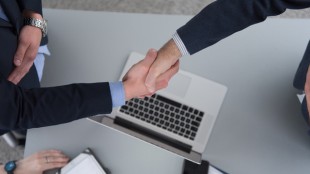 BondwithPet Expands B2B Offering with Custom Pet Memorial Product
BondwithPet Expands B2B Offering with Custom Pet Memorial Product
-
Best Crypto IRA Companies (Rankings Released)

-
 Eon Prime Intelligent Alliance Office Unveils New Brand Identity and Completes Website Upgrade
Eon Prime Intelligent Alliance Office Unveils New Brand Identity and Completes Website Upgrade
-
Villa face Chelsea test as Premier League title race heats up

-
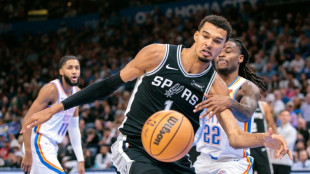 Spurs extend domination of NBA-best Thunder
Spurs extend domination of NBA-best Thunder
-
Malaysia's Najib to face verdict in mega 1MDB graft trial
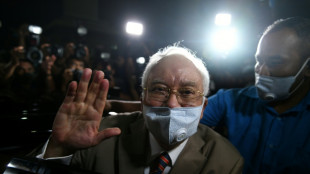
-
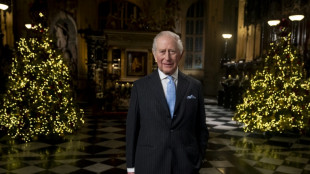 King Charles calls for 'reconciliation' in Christmas speech
King Charles calls for 'reconciliation' in Christmas speech
-
Brazil's jailed ex-president Bolsonaro undergoes 'successful' surgery

-
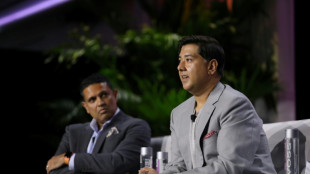 UK tech campaigner sues Trump administration over US sanctions
UK tech campaigner sues Trump administration over US sanctions
-
New Anglican leader says immigration debate dividing UK

-
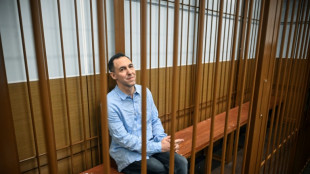 Russia says made 'proposal' to France over jailed researcher
Russia says made 'proposal' to France over jailed researcher
-
Bangladesh PM hopeful Rahman returns from exile ahead of polls

-
 Police suspect suicide bomber behind Nigeria's deadly mosque blast
Police suspect suicide bomber behind Nigeria's deadly mosque blast
-
AFCON organisers allowing fans in for free to fill empty stands: source
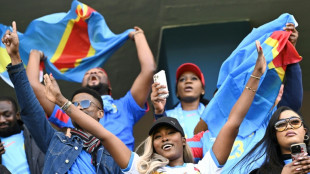
-
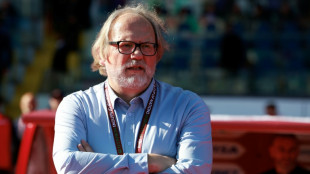 Mali coach Saintfiet hits out at European clubs, FIFA over AFCON changes
Mali coach Saintfiet hits out at European clubs, FIFA over AFCON changes
-
Last Christians gather in ruins of Turkey's quake-hit Antakya

-
 Pope Leo condemns 'open wounds' of war in first Christmas homily
Pope Leo condemns 'open wounds' of war in first Christmas homily
-
Mogadishu votes in first local elections in decades under tight security
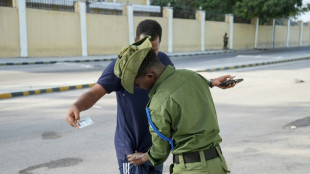
-
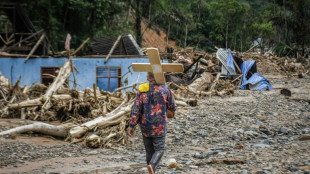 'Starting anew': Indonesians in disaster-struck Sumatra hold Christmas mass
'Starting anew': Indonesians in disaster-struck Sumatra hold Christmas mass
-
Cambodian PM's wife attends funerals of soldiers killed in Thai border clashes
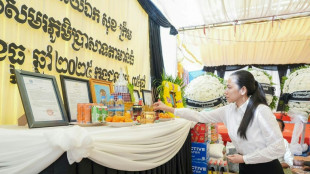
-
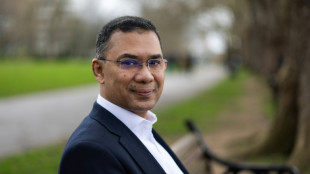 Prime minister hopeful Tarique Rahman arrives in Bangladesh: party
Prime minister hopeful Tarique Rahman arrives in Bangladesh: party
-
Pacific archipelago Palau agrees to take migrants from US
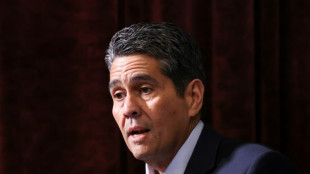

In raging summer, sunscreen misinformation scorches US
Dismissively tossing a tube of sunscreen over his shoulder, a bare-chested TikTok influencer declares that the cream causes cancer. He instead promotes "regular sun exposure" to his 400,000 followers -- contradicting US dermatologists fighting a surge in such dubious misinformation.
In the midst of a blazing summer, some social media influencers are offering potentially dangerous advice on sun protection, despite stepped-up warnings from health experts about over-exposure amid rising rates of skin cancer.
Further undermining public health, videos -- some garnering millions of views -- share "homemade" recipes that use ingredients such as beef tallow, avocado butter and beeswax for what is claimed to provide effective skin protection.
In one viral TikTok video, "transformation coach" Jerome Tan discards a commercial cream and tells his followers that eating natural foods will allow the body to make its "own sunscreen."
He offers no scientific evidence for this.
Such online misinformation is increasingly causing real-world harm, experts say.
One in seven American adults under 35 think daily sunscreen use is more harmful than direct sun exposure, and nearly a quarter believe staying hydrated can prevent a sunburn, according to a survey this year by Ipsos for the Orlando Health Cancer Institute.
"People buy into a lot of really dangerous ideas that put them at added risk," warned Rajesh Nair, an oncology surgeon with the institute.
- 'No safe tan' -
As influencers increasingly cast doubt on commercial sunscreen products, another US survey showed a dip in their use, with some 75 percent of Americans using sunscreen regularly, down from 79 percent in 2022.
The findings coincide with other trends showing rising public mistrust of established medical guidance -- including on Covid-19 and other vaccines -- and increasing reliance on influencers with little or no scientific knowledge.
Dermatologists are scrambling to disabuse people of the increasingly popular perception that higher levels of sun exposure are good for the skin.
"There is no safe tan," Daniel Bennett, a dermatologist and professor at the University of Wisconsin School of Medicine and Public Health, told AFP.
"The evidence that ultraviolet light exposure is the primary preventable driver of skin cancer is overwhelming," he added.
Many of the misleading or false claims come from influencers seeking to monetize their content on social media platforms, an echo chamber where sensational and false claims often drive engagement, experts say.
Some content creators are leveraging "sunscreen skepticism" to "sell their own supplements or endorse alternative all-natural sunscreens," Eric Dahan, founder of the influencer marketing agency Mighty Joy, told AFP.
- 'Sun paranoia' -
Dahan pointed out one Instagram post that advised against "wearing sunscreen constantly" while promoting a range of skincare products.
"Say goodbye to sun paranoia," the emoji-laden post said. "Catch some (guilt-free) rays this summer."
Clutching a surfboard on a beach, another bare-chested Instagram influencer says he rejects sunscreen.
"Do I worry about skin cancer? I do not," he posted, while promoting "animal-based sunscreen" made from beef tallow.
Tallow -- essentially rendered, purified beef fat -- alone has no ability to block ultraviolet radiation, said Megan Poynot Couvillion, a dermatologist practicing in Texas.
"I don't see a problem with using it on the skin as an emollient, but absolutely not as a sunscreen," she told AFP.
The US Food and Drug Administration has called for more research into the ingredients in commercial sunscreens, but it does recommend their use, noting that excessive sun exposure is a major contributor to skin cancer.
Homemade sunscreens "lack effective sun protection," leaving users vulnerable to sunburn, premature skin aging and skin cancer, the American Academy of Dermatology warns.
Some influencers' recipes include zinc oxide, a known sun protector. But concocting sunscreen at home that will effectively block UV radiation is unrealistic, said Adam Friedman, professor at the George Washington University School of Medicine and Health Sciences.
"There's no way you're making this in your basement," Friedman told AFP.
Th.Berger--AMWN


